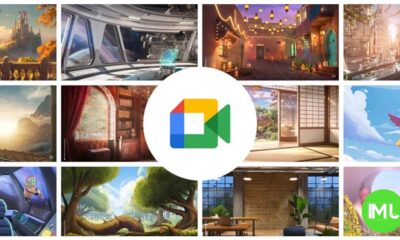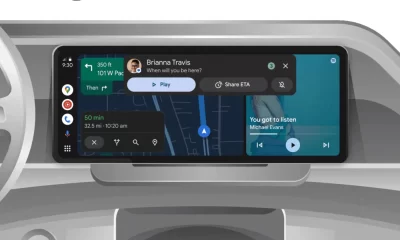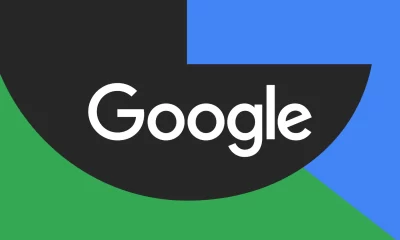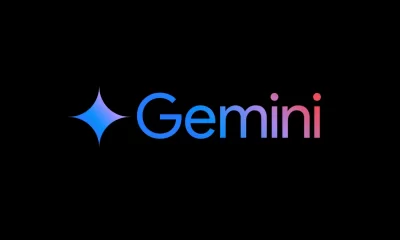Android
Google doubles down on open source, refines user experience across platforms

In a series of announcements, Google reaffirmed its commitment to open-source development, particularly within the Chromium ecosystem, while simultaneously refining user experiences across its Android applications and smart home devices suite. These updates reflect a focus on both foundational technology and user-centric design.
Championing Chromium: A Collaborative Effort for Web Innovation
Google unveiled a new initiative, “Supporters of Chromium-based Browsers,” in partnership with the Linux Foundation. This collaborative effort aims to ensure the long-term health and sustainability of the Chromium project, the open-source foundation upon which browsers like Chrome, Edge, and Opera are built.
The initiative establishes a fund managed by the Linux Foundation, with initial support pledged from industry giants like Meta, Microsoft, and Opera. This collaborative funding model seeks to bolster the ongoing development and maintenance of Chromium, ensuring its continued evolution and accessibility for the wider web community.
Google emphasized its substantial contributions to Chromium, highlighting over 100,000 commits in 2024, representing a significant majority of total contributions. The company also detailed the immense resources it dedicates to maintaining the project’s infrastructure, including thousands of servers running continuous tests, responding to numerous daily bug reports, and investing in code health and maintainability.
This translates to hundreds of millions of dollars in annual investment solely for maintenance, excluding any new features or innovations. Google explicitly stated its intention to maintain this level of investment, while welcoming increased participation and support from other stakeholders. This move comes at a time of increased scrutiny of Google’s role in the browser market, with some suggesting the potential divestiture of Chrome and Chromium. By highlighting its commitment to open-source and collaborative development, Google reinforces its position as a responsible steward of this critical web technology.
Refining Memories in Google Photos: A More Personalized Experience
Google Photos is receiving a series of updates designed to enhance user control and personalization, particularly within the Memories feature. Memories, which automatically curates photos and videos from the past, can sometimes surface unwanted content. To address this, Google is streamlining access to its “hide faces” functionality. Previously buried within menus, this option will soon be directly accessible within the metadata of individual images. This allows users to quickly and easily remove specific individuals from their Memories, ensuring a more pleasant and personalized experience. The update also hints at the future inclusion of a “show more” option, giving users even greater control over the content surfaced by Memories. This improvement reflects Google’s ongoing effort to provide users with more granular control over their digital memories.
Gemini on Lock Screen: Enhanced Convenience for Android Users
Google’s AI assistant, Gemini, is gaining new functionality that enhances its utility even when a user’s phone is locked. A new setting allows Gemini to make calls and send messages directly from the lock screen, providing a hands-free and convenient way to communicate. While not enabled by default, this feature can be toggled on within the Gemini app’s settings. Users can then invoke Gemini and issue voice commands to initiate calls or send messages without needing to unlock their device. This addition brings Gemini closer in functionality to its predecessor, Google Assistant, while offering a more streamlined and integrated experience.
Chromecast with Google TV Receives First Update of 2025
The Chromecast with Google TV has received its first update of 2025, bringing performance improvements and security patches. The update, while not yet delivering the anticipated Android 14 upgrade, bumps the Android security patch level to November 2024. This update continues Google’s commitment to maintaining and improving its streaming device, even as users await the broader Android 14 rollout.
Gemini Overlay Redesign: A More Compact and Intuitive Interface
The Gemini overlay on Android is undergoing a significant redesign, adopting a more compact and intuitive interface. The new design streamlines the interaction with Gemini, presenting a simplified text field with a prominent voice input circle. This redesign echoes the recent simplification of the Gemini app’s home screen, creating a more consistent and user-friendly experience across platforms.
Google Home App Finally Embraces Full Material You Design
The Google Home app is finally receiving the full Material You treatment, bringing dynamic color theming to its interface. This long-awaited update allows the app to adapt its color scheme based on the user’s chosen wallpaper, creating a more personalized and visually cohesive experience. This update marks a significant step in Google’s efforts to fully integrate Material You across its suite of applications, providing a more consistent and aesthetically pleasing user experience.
These updates across Google’s services underscore the company’s commitment to both technological advancement and user-focused design. From bolstering open-source development to refining user interfaces, Google continues to invest in creating a more robust, accessible, and personalized digital experience.
Android
Easy ways to change Android Auto’s look with light and dark themes
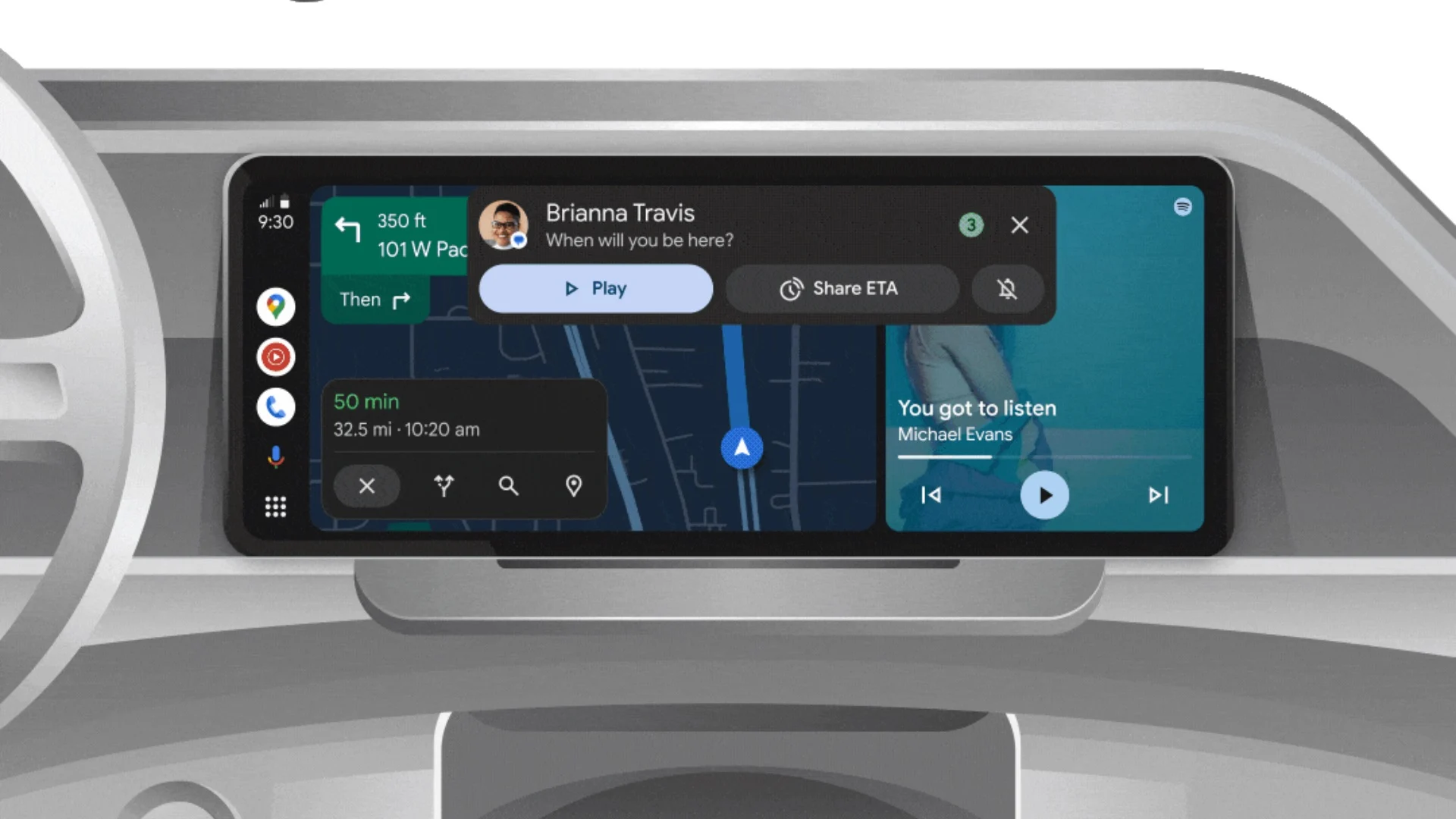
Android Auto is a helpful tool that lets you use your phone’s apps safely while driving. It connects your phone to your car’s screen, making it easier to use maps, music, and calls. One of the features many people like is the ability to change how Android Auto looks by switching between light and dark themes.
How to switch between light and dark themes
Android Auto offers two main themes: light and dark. The light theme uses brighter colors, which can make the screen easier to see during the day. The dark theme uses darker colors, which can be more comfortable for your eyes at night or in low light.
To change the theme, follow these steps:
- Open the Android Auto app on your phone.
- Go to the settings menu.
- Find the “Theme” option.
- Choose between “Light,” “Dark,” or “Set by car” (this lets your car decide the theme based on the time of day or your car’s settings).
Why themes matter
Using the right theme can make driving safer and more comfortable. The light theme is good for bright days, while the dark theme helps reduce glare at night. Having these options means you can pick what works best for you, making Android Auto easier to use in any condition.
In short, Android Auto’s theme options are simple to use and help you drive more safely by making the screen easy to see, no matter the time of day.
Android
Google’s New Updates: Gemini 2.5 Pro, Android 16 features, and Messages change

Google has just rolled out some exciting updates across its services and apps. Here’s a simple breakdown of what’s new and what it means for you.
Gemini 2.5 Pro is here
Google has launched Gemini 2.5 Pro, the latest version of its AI model. This upgrade brings smarter and faster responses, making it easier for users to get helpful answers. Gemini 2.5 Pro is now available in Google’s AI Studio and Vertex AI, so developers can build even better tools and apps using this technology.
Android 16 brings more customization
Android 16 is adding new ways to personalize your phone. One of the standout features is the ability to hide the clock on your lock screen, giving you a cleaner look if you want it. This is part of Google’s push to let users make their phones feel more unique. There’s also a new animation for the power button, making the experience smoother and more modern when you turn your phone on or off.
Google Messages removes the unsubscribe button
If you use Google Messages, you might notice that the “Unsubscribe” button is gone from some business messages. Google has removed this feature, so users now have to find other ways to stop unwanted texts. This change might make it a bit harder to manage spam, but Google hasn’t said why the option was removed.
What does this mean for you
These updates show that Google is focused on making its products smarter and more personal. Whether you’re using AI tools, customizing your phone, or managing your messages, you’ll see some changes that aim to improve your experience.
Android
Here’s what’s new with Google Keep and Android Automotive apps

Google Keep is getting a fresh look with the new Material You design, making it more colorful and easier to use on Wear OS smartwatches. The update brings bigger buttons and clearer text, so you can quickly jot down notes or check your lists right from your wrist. This makes Google Keep more handy when you’re on the go and don’t want to pull out your phone.
On another front, Android Automotive is improving how apps show information while you drive. Instead of opening full apps, you’ll see simple cards on your car’s screen that give you important details at a glance.
These cards help keep your focus on the road by showing things like music controls, navigation updates, or reminders without distractions. This new card system is designed to work smoothly with apps like media players and navigation tools, making your driving experience safer and more convenient.
Together, these updates show Google’s effort to make its apps smarter and easier to use in everyday life, whether you’re walking around with your smartwatch or driving your car. The focus is on clear, simple designs that help you get things done quickly without hassle.
In short, Google Keep’s new look on Wear OS and the smart cards in Android Automotive are small but useful changes that make tech fit better into your daily routine.
-

 Apps1 year ago
Apps1 year agoGboard Proofread feature will support selected text
-

 News1 year ago
News1 year agoSamsung USA crafting One UI 6.1.1
-

 Apps12 months ago
Apps12 months agoGoogle Contacts app testing new Besties Widget
-
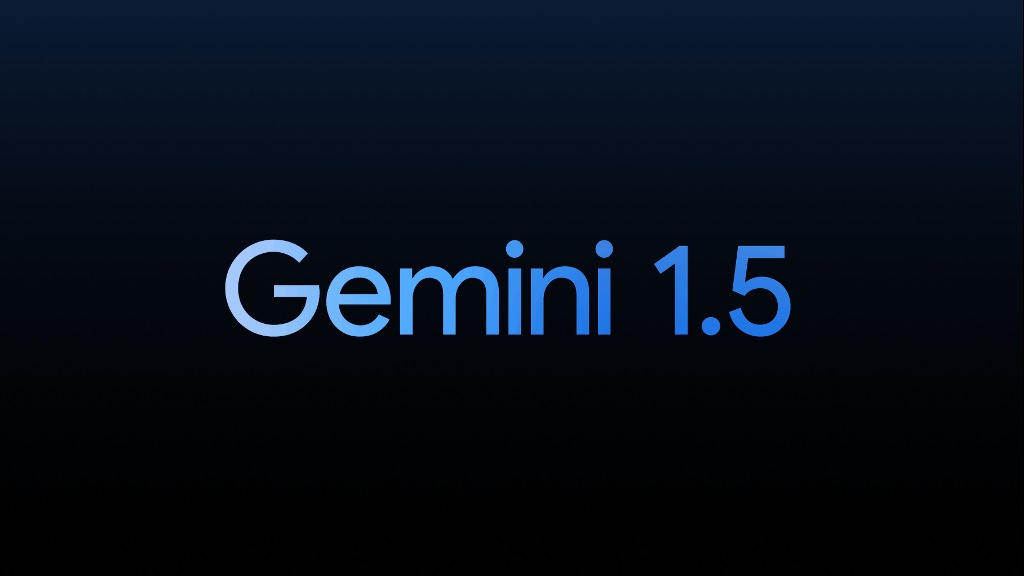
 AI12 months ago
AI12 months agoGoogle Pixel 9 Pro may come with a complimentary one-year Gemini Advanced subscription
-

 News1 year ago
News1 year agoBreaking: Samsung Galaxy S22 may get Galaxy AI features
-
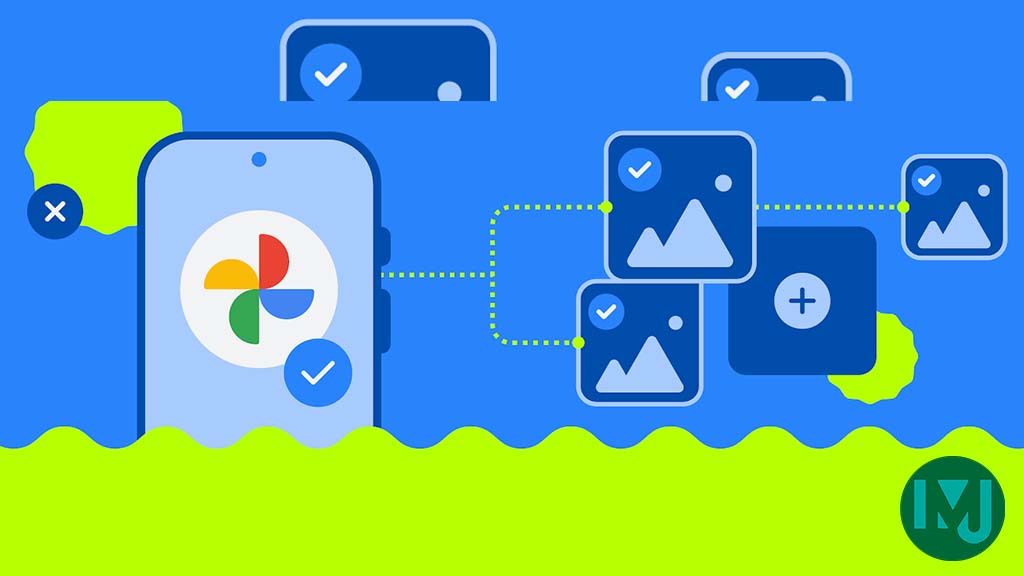
 Apps12 months ago
Apps12 months agoGoogle working on a new video editing feature for its Photo app
-
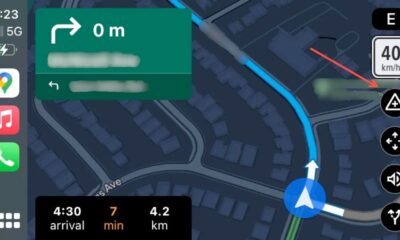
 Apps12 months ago
Apps12 months agoGoogle Maps lets you report traffic jams and accidents on Apple CarPlay, but not on Android Auto
-

 Apps12 months ago
Apps12 months agoGoogle Messages app will transform MMS chats into RCS

